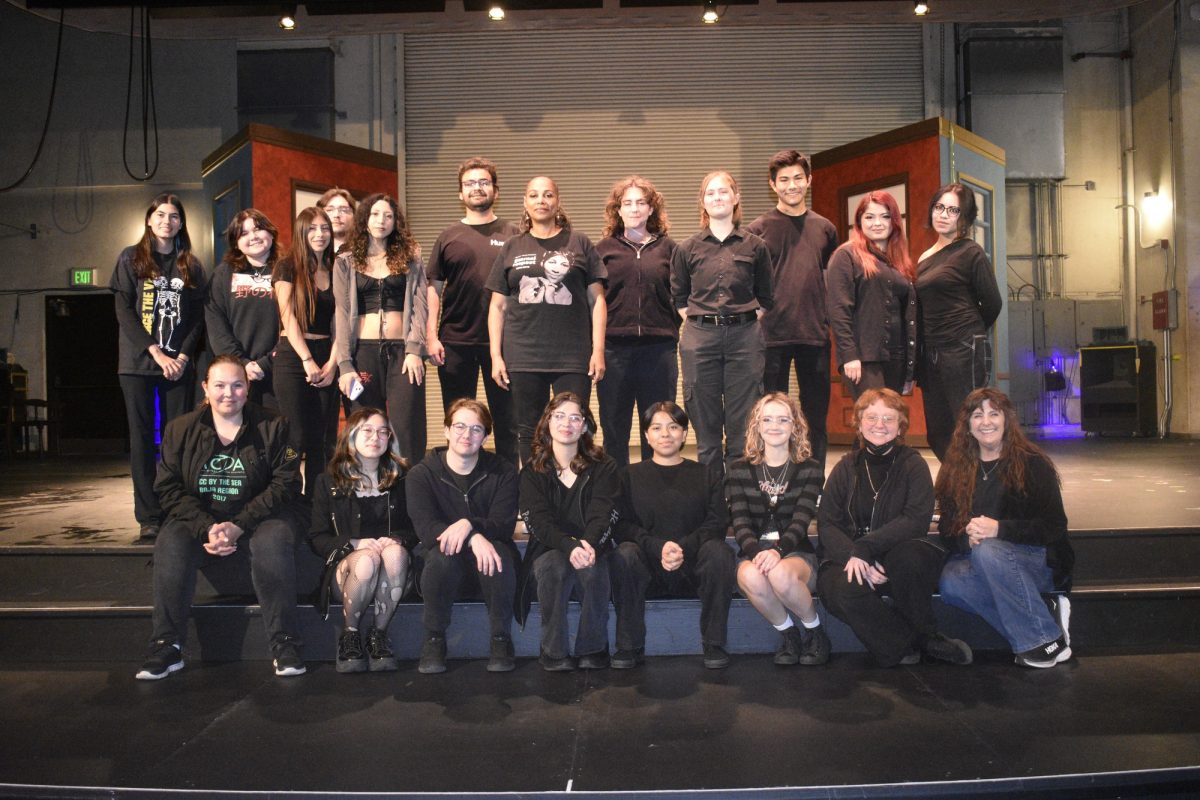They go to school, have jobs, and participate in everyday activities but they don’t exist.
Or rather, they don’t exist in a legal sense, but they are real people and they struggle like the rest of us to balance their lives.
“This is what makes us see what it is to be human,” Edwin Castaneda, anthropology major, 21, said.
Castaneda plans on transferring to a university but he is an undocumented student, so he faces even more stresses when going to college.
Sharing in the struggle with Castaneda are other undocumented students, including the 834 students attending EC under Assembly Bill 540. They can attend college if they meet the requirements, but cannot receive federal or state financial aid because they are not citizens or residents.
Assembly Bill 540 passed in 2001 and Steve Waterhouse, supervisor of the Admissions Office, said the bill made resident tuition fees available to undocumented students who have attended a California high school for more than three years, have received their GED or diploma, and signed an affidavit stating they will, or already have began the process of becoming documented.
“I pay taxes and go to school, so when it comes time to get my citizenship, I’ll have proof that I did everything right and hopefully it will make (the process) easier,” Castaneda said.
For students without financial aid, the cost of tuition and books makes paying for an education nearly impossible.
Students who do not qualify for AB 540 either pay out-of-state tuition fees, or may have to drop their classes, Waterhouse said.
Undocumented students are not guaranteed citizenship after completing degree requirements, which could mean they won’t be able to work in the U.S. legally.
Student services programs are available to all students enrolled with at least one unit, but Extended Opportunity Program and Services (EOPS), financial aid, CalWorks, and the Career Placement Center have little to offer undocumented students, although they do their best to assist them.
The scholarship office offers a list of 78 scholarships available to students, regardless of their residency status.
Students Without Borders co-founder and EOPS employee Ramiro Magana noticed the lack of resources available to undocumented students after failing to find somewhere to refer an undocumented student who came to the EOPS office.
“Our club’s aim is to get those students and direct them to the right people and see how we can help them.”
The only federal aid available to undocumented students is through the Montgomery GI Bill, which offers up to $50,000 for college. According to the GI rights advocacy group United for Peace and Justice, 57 percent don’t receive their money and 23 percent receive only half the amount.
“The Army does not discriminate against undocumented people,” Scott Sinclair of the Veteran’s Services Office said. He goes on to say that enrollment is up 60 percent because of the Montgomery GI Bill wasn’t enough to pay for bills and school.
“It is inhumane,” Ali Ahmandpour said of the GI bill being the only form of federal aid on campus. “The military recruiters abuse the position of undocumented students, so they recruit them and send them to war and turn them into dead meat.”
“I’ve been approached by military recruiters who said they could help me get my citizenship,” Castaneda said, who refuses to join the military to pay for school. “This country prefers making money and guns for war, when education benefits everybody, and should be valued.”






